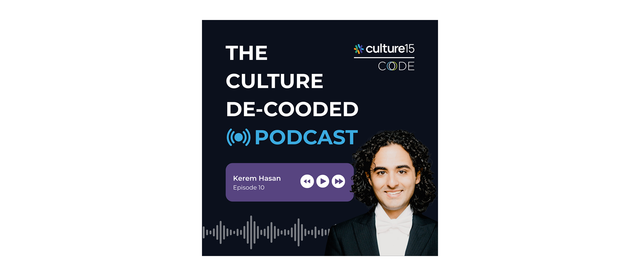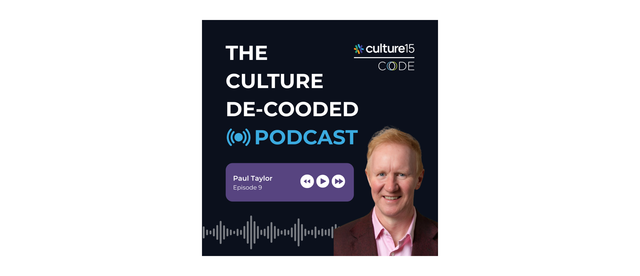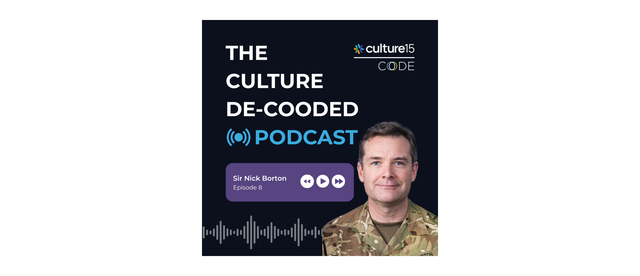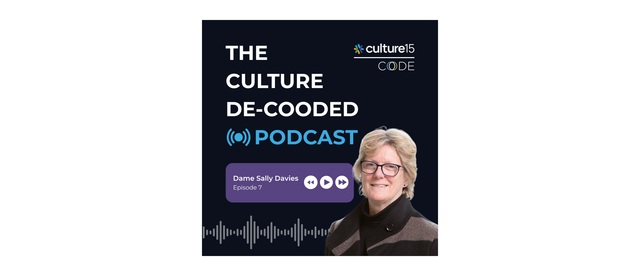Kerem Hasan, a London-born conductor with Cypriot roots, has gained international acclaim from his early win at the Nestlé and Salzburg Festival’s Young Conductors Award in 2017 to serving as Chief Conductor of the Tiroler Symphony Orchestra in Austria and performing globally, Kerem shares invaluable insights into his craft.
He emphasises the importance of collaboration, active listening and adaptation to orchestras different styles, as he embarks on an incredible feat this year, in directing sixteen
different orchestras, across sixteen of the world’s big cities, in just six months.
Kerem describes orchestras as high-performing teams and discusses how he guides them with authenticity, perceptiveness, and a strong sense of self, citing deep intuition and sensitivity as key to unlocking the potential of an ensemble. Kerem highlights the need to embrace mistakes as opportunities to learn and improve through intense practice, constantly refining his approach.
He introduces the concept and importance of multiple layers of awareness in leadership and underscores the evolving role of conductors in making classical music accessible, fostering community connections, and harnessing the universal power of the arts to bridge cultural divides.
Podcast Chapters
00:00:00-Welcome Kerem Hasan to Culture de-cooded
00:02:47-The Role of the Conductor
00:09:11-Adaptation to orchestras across the globe
00:13:13-Importance of continuous improvement & collaboration
00:18:47-Relationship between orchestra and conductor
00:22:03-Authentic leadership
00:29:15-Ability to read the room
00:31:16-Education in Glasgow & Zurich
00:36:09-Importance of Sleep
00:38:20-Looking ahead...
00:43:09-Idealism & the power of music
00:44:53-Kerem's Inspirations
00:48:27-Kerem's leadership philosophy in a song
Alternative Platforms:
Culture15 is your complete toolkit for tracking culture change. CEOs and Exec Teams at world-leading organisations use Culture15 analytics to ensure success by aligning their culture with their strategy.
If you’d like to learn how to define the culture you need, diagnose the culture you have and close the gap, talk to our team



